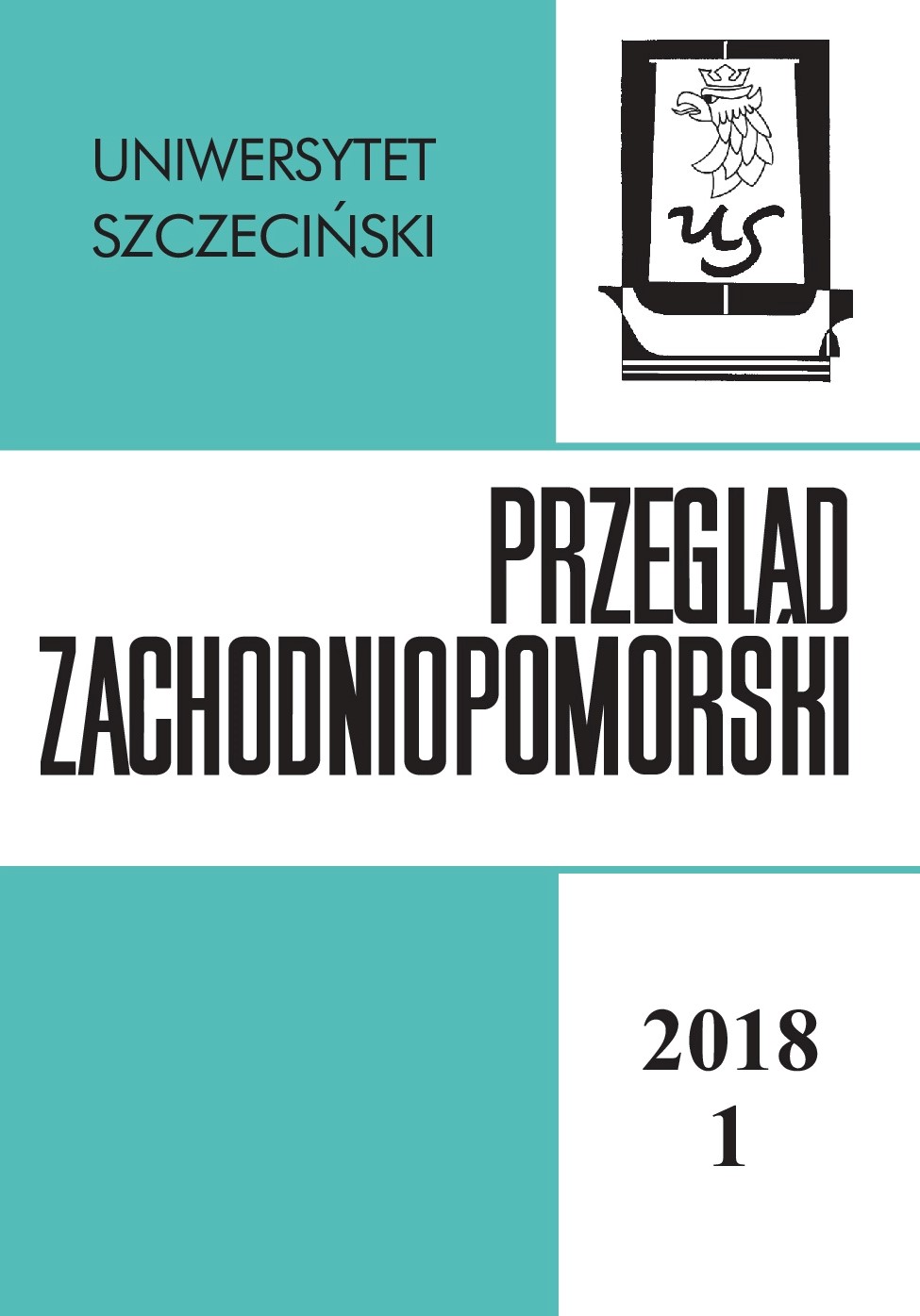Carolinum redivivum. Kryzys dydaktyczny w Królewskim Gimnazjum Karolińskim w Szczecinie w latach 1679-1680 w świetle dokumentacji dydaktycznej szkoły
Carolinum redivivum. Teaching Crisis in the Royal Carolingian Gymnasium in Szczecin in the Years 1679–1680 in the Light of Didactic Documentation of the School
Author(s): Małgorzata CieślukSubject(s): History, Cultural history, Local History / Microhistory
Published by: Wydawnictwo Naukowe Uniwersytetu Szczecińskiego
Keywords: the history of Szczecin; the history of the educational system; the Royal Carolingian Gymnasium
Summary/Abstract: In the years 1676–1677 Szczecin, under the Swedish rule, survived two sieges by the army of the Brandenburg Elector. Especially the second one had an impact on the Royal Carolingian Gymnasium (Carolinum) functioning in the City. As a result of shellfire the buildings of the School were destroyed, and the Gymnasium ceased to function for over a year, from the end of August 1677 to the end of September 1678. The 1676–1677 crisis significantly changed the conditions and quality of the School and many other aspects of its everyday life, particularly in the first years after restoring the School to its original form. To have a closer look at the Gymnasium in the years 1679–1680 is now possible thanks to the didactic materials (so far hardly used), such as class timetables and the registers of the Carolinum students’ assignments. The aim of the present article is to indicate in which way the problems of organising classes in that period manifested themselves. An important role was played by Rector Johann Ernst Pfuel; thanks to his efforts the crisis was resolved and the School recovered its teaching reputation. First a qualitative and quantitative analysis of the staff has been carried out, next the teaching methods and the forms of work used at that time have been examined, and finally the relationship between the teaching crisis and the situation of the students has been investigated. In the light of the 1679 register of students’ assignments and the 1680 class timetable it has turned out that it had not been the destruction of the School buildings (highlighted in the literature) that was the main reason of its problems. The factor of the strongest impact was the poor quality of the teaching staff. And it was the reason of restricting the teaching programmes, which was minimised by the Rector’s engagement. And the number of students began to grow fast. As a result of diverse activities the Szczecin School survived the crisis and in the subsequent years reached its high standards again.
Journal: Przegląd Zachodniopomorski
- Issue Year: 33/2018
- Issue No: 01
- Page Range: 5-34
- Page Count: 30
- Language: Polish

